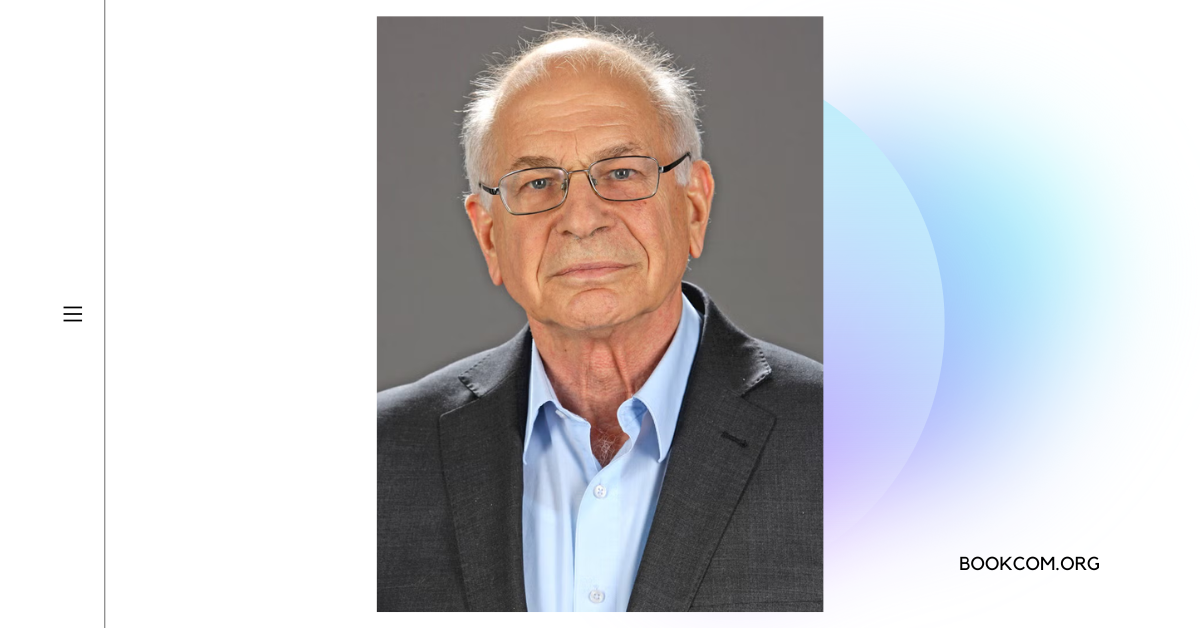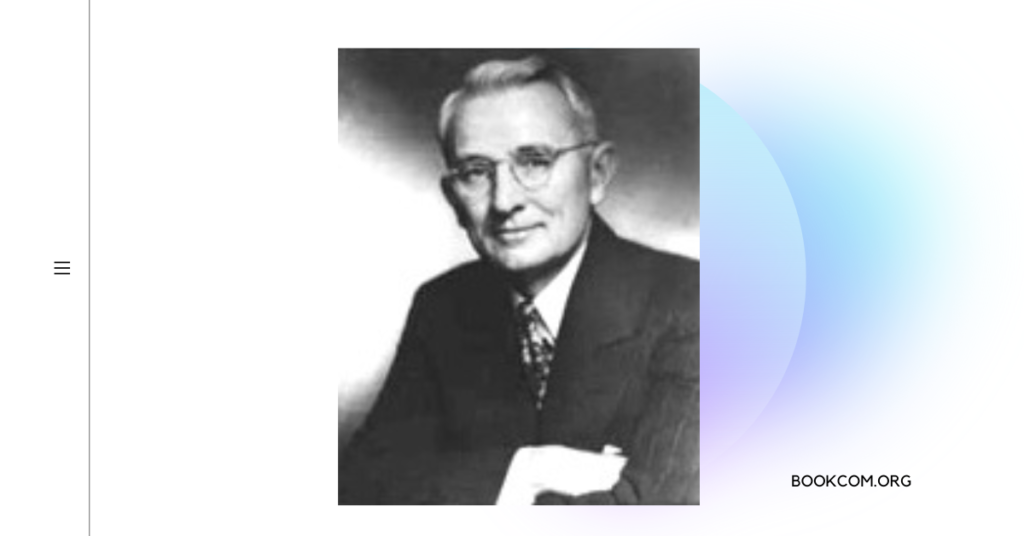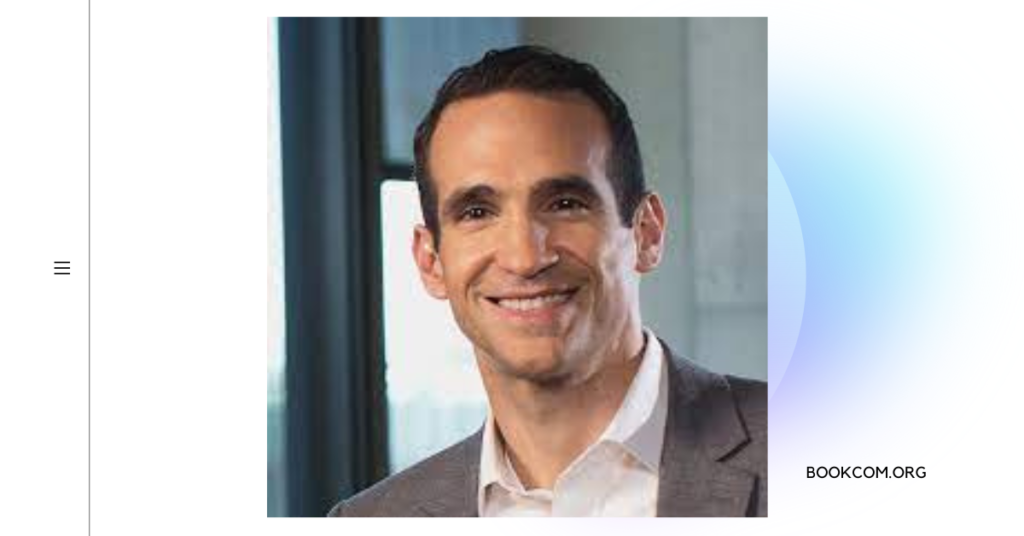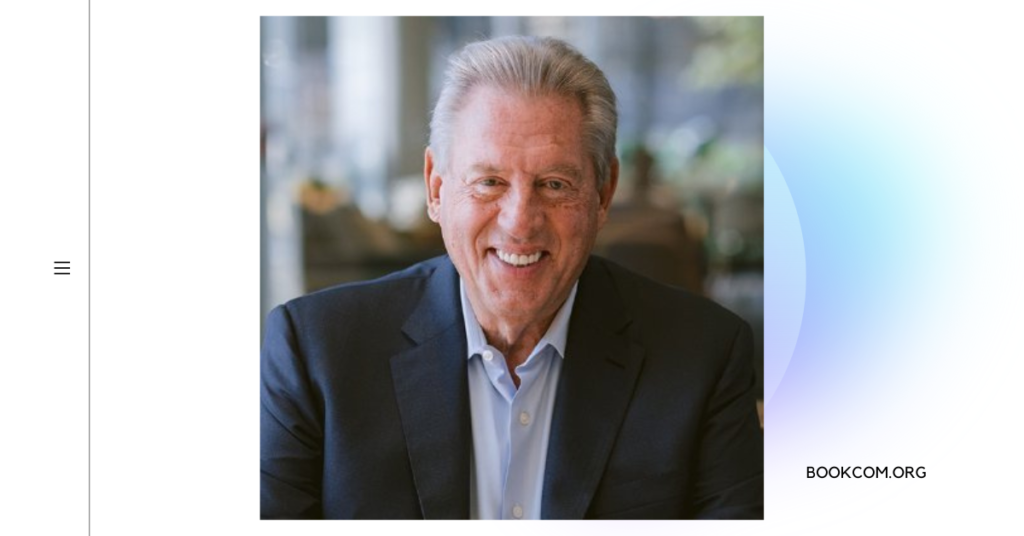Daniel Kahneman, a renowned psychologist and Nobel laureate, has revolutionized the field of behavioral economics and cognitive psychology with his groundbreaking research. His deep insights into the quirks and biases of the human mind have not only advanced our understanding of decision-making processes but have also had a profound impact on how we view ourselves and society at large.
Research Methodology:
Kahneman’s research methodology is characterized by rigorous experimentation and an interdisciplinary approach. Drawing from his background in psychology, he combined experimental studies with insights from economics to examine the ways in which humans make judgments and decisions under uncertainty. By using controlled experiments and statistical analysis, he uncovered the systematic errors and biases that affect our reasoning processes, challenging the traditional notion of humans as purely rational beings.
Notable Contributions:
One of Kahneman’s most significant contributions is the development of Prospect Theory, which challenged classical economic theory by demonstrating that people’s decisions are not always driven by rational considerations of expected utility. Instead, he showed that individuals are influenced by the way choices are framed and how potential gains and losses are perceived. This groundbreaking theory laid the foundation for behavioral economics and has had far-reaching implications in diverse fields such as finance, public policy, and marketing.
Kahneman’s research also shed light on cognitive biases and heuristics, unveiling the shortcuts our brains take when faced with complex decision-making tasks. Through studies on anchoring bias, availability bias, and confirmation bias, among others, he revealed the systematic errors that underlie our judgments. His work has provided a framework for understanding how these biases impact our everyday choices, from financial investments to medical diagnoses.
Communicating Complex Ideas:
One of Kahneman’s remarkable abilities is his talent for communicating complex ideas in accessible ways. Despite the intricacies of his research, he has a unique talent for presenting his findings to both academic audiences and the general public. His best-selling book, “Thinking, Fast and Slow,” masterfully synthesizes decades of research into a captivating narrative, making the concepts of cognitive biases and heuristics comprehensible to a wide range of readers. Kahneman’s clear prose, coupled with real-world examples and personal anecdotes, has made his work immensely relatable and engaging.
Influence on Readers and Society:
Kahneman’s work has had a profound influence on readers and society, fundamentally changing the way we understand human decision-making. His research has prompted policymakers to reevaluate the assumptions underlying public policies, leading to the development of more realistic models that account for human biases and heuristics. Moreover, his insights have permeated various disciplines, from finance and law to medicine and education, sparking a wave of research that applies behavioral insights to real-world problems.
Beyond academia, Kahneman’s work has also resonated with the general public, encouraging individuals to question their own decision-making processes. By highlighting the fallibility of our intuitions and the hidden influences shaping our choices, he has empowered people to make more informed decisions and become critical thinkers. In doing so, Kahneman has contributed to a broader cultural shift, fostering a greater awareness of cognitive biases in everyday life.
Conclusion:
Daniel Kahneman’s exceptional research methodology, notable contributions to the fields of behavioral economics and cognitive psychology, ability to communicate complex ideas in accessible ways, and the transformative influence of his writing works have made him an iconic figure in the realm of human decision-making. By unraveling the mysteries of the mind and unveiling our cognitive biases, he has forever changed the way we perceive ourselves, our choices, and our understanding of the world.



